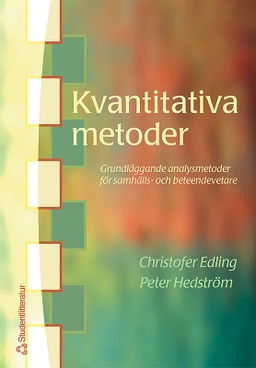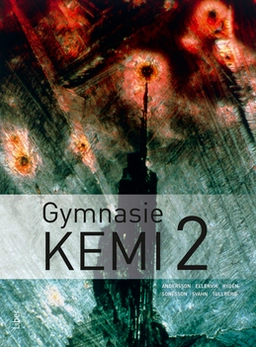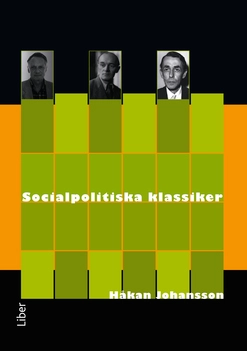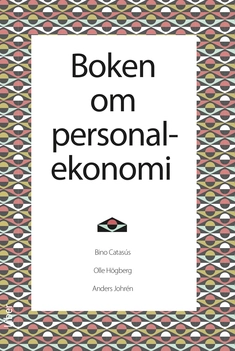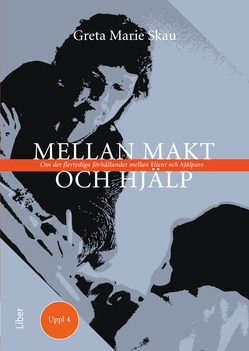Formulaic language and the lexicon
- Utgiven: 2002
- ISBN: 9780521773096
- Sidor: 348 st
- Förlag: Cambridge University Press
- Format: Inbunden
- Språk: Engelska
Om boken
Åtkomstkoder och digitalt tilläggsmaterial garanteras inte med begagnade böcker
Mer om Formulaic language and the lexicon (2002)
2002 släpptes boken Formulaic language and the lexicon skriven av Alison Wray. Den är skriven på engelska och består av 348 sidor. Förlaget bakom boken är Cambridge University Press.
Köp boken Formulaic language and the lexicon på Studentapan och spara pengar.
Referera till Formulaic language and the lexicon
Harvard
Oxford
APA
Vancouver



